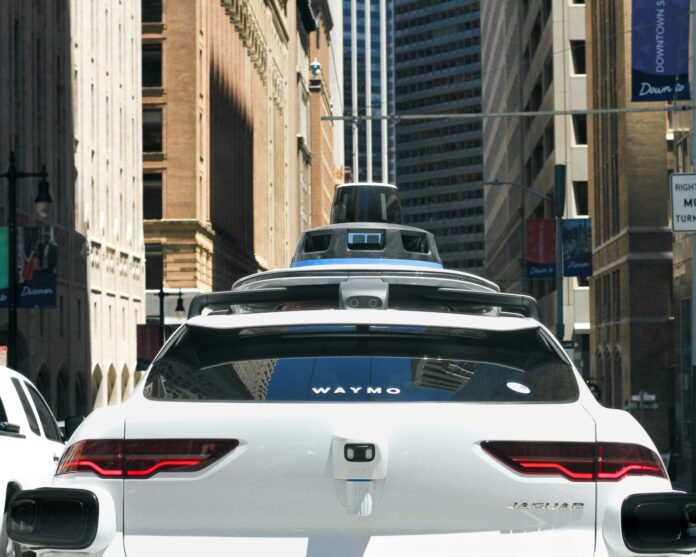Alphabet’s Waymo achieves a new milestone in autonomous ride-hailing despite controversies and competition setbacks
Waymo, the autonomous vehicle pioneer owned by Alphabet, has announced a significant achievement in its operation, completing over 50,000 paid trips weekly across San Francisco, Phoenix, and Los Angeles. This milestone underscores the company’s leading position in the autonomous ride-hailing market, which has been marked by both advancements and challenges.
Operating without a human driver, Waymo’s robotaxis offer passengers a unique, driverless travel experience, contributing to a new era of urban mobility. The company’s service appeals to a wide range of users, from daily commuters to those seeking more independence and a carefree travel option. According to Waymo, the adoption of its fully autonomous vehicles is transforming city navigation, making it a preferred choice for many.
Embed from Getty ImagesHowever, the journey towards autonomous transportation has not been without its hurdles. Waymo’s robotaxis have occasionally found themselves at the center of controversy, especially concerning their impact on the traditional human-driven taxi industry and some notable mishaps on the roads. Incidents such as a Waymo vehicle mistakenly driving on the wrong side of the road and blocking freeway on-ramps have sparked debates about the safety and reliability of autonomous vehicles.
Despite these challenges, Waymo asserts that its ongoing data collection and analysis demonstrate an improvement in road safety, benefiting cyclists, pedestrians, and other drivers alike. The company’s claims are set against a backdrop of difficulties faced by its main competitor, Cruise, which is backed by General Motors. Cruise has recently had to pause its operations and lay off staff following a series of incidents that raised safety concerns.
As the autonomous vehicle landscape continues to evolve, Waymo’s achievements highlight both the potential and the growing pains of a technology set to redefine transportation. The company remains committed to enhancing its technology and expanding its services, aiming to lead the way in safe and efficient urban mobility solutions.
Analysis:
The rise of autonomous vehicles spearheaded by companies like Waymo represents a transformative shift in urban transportation, aligning with broader trends towards smart city solutions and sustainable mobility. Politically, the integration of robotaxis poses regulatory challenges and necessitates updates to road safety laws, a task some cities are still grappling with.
Economically, the growth of autonomous ride-hailing services could significantly alter labor markets, particularly in the transportation sector, potentially displacing traditional taxi services while creating new types of tech and maintenance jobs.
Sociologically, the adoption of robotaxis might change public perceptions of travel, emphasizing convenience and efficiency over the control and familiarity of personal vehicle use. This shift could also affect urban planning and the design of city spaces, as less parking and different traffic patterns could emerge.
Locally, the impact of Waymo’s operations in cities like San Francisco, Phoenix, and Los Angeles includes not just traffic dynamics but also how these cities are seen in terms of technological advancement and innovation.
Waymo’s ongoing journey illustrates the complex interplay of technology, policy, and public opinion, revealing the multifaceted challenges of introducing autonomous vehicles into everyday life
